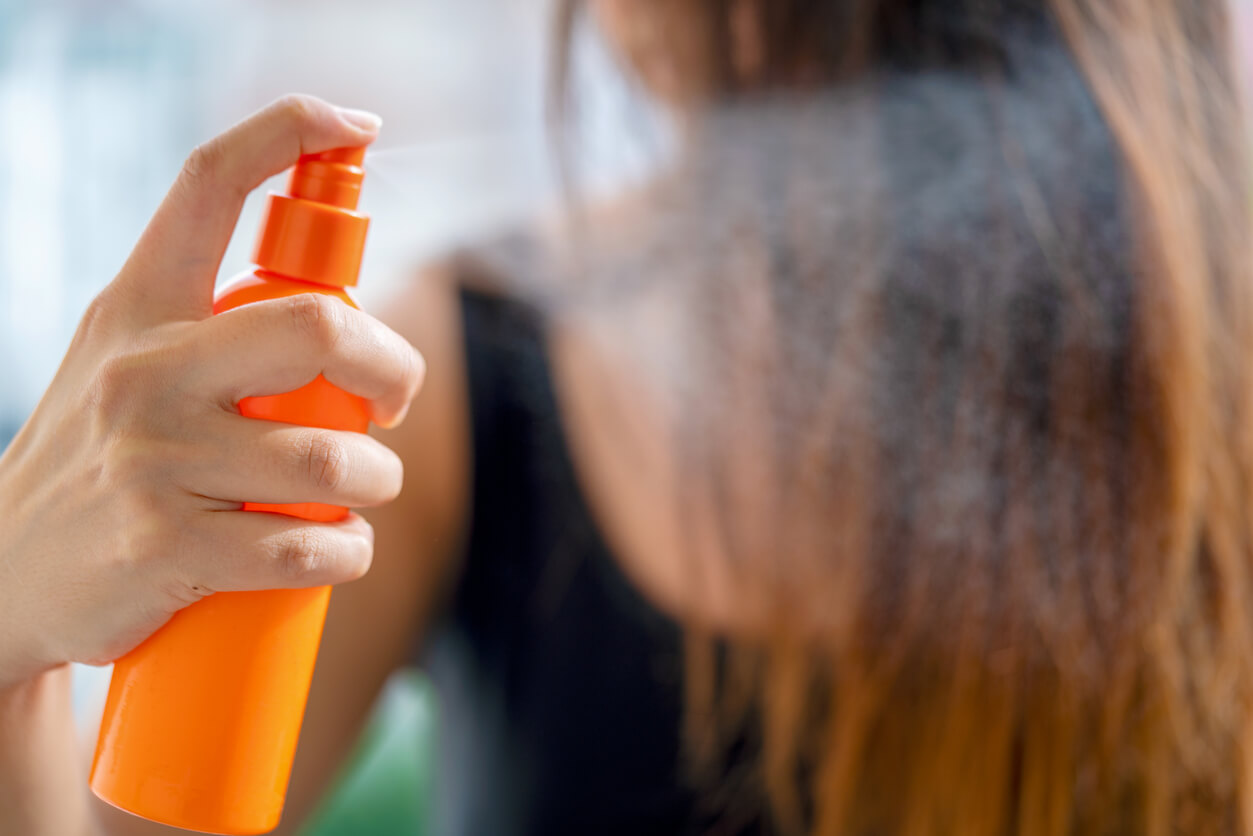P&G Recalled More Than 30 Dry Shampoo Sprays Due to Benzene Contamination
Editors carefully fact-check all Drugwatch.com content for accuracy and quality.
Drugwatch.com has a stringent fact-checking process. It starts with our strict sourcing guidelines.
We only gather information from credible sources. This includes peer-reviewed medical journals, reputable media outlets, government reports, court records and interviews with qualified experts.

Proctor & Gamble announced a recall of dozens of aerosol haircare products because the company found they contained benzene, a cancer-causing chemical.
According to the company’s December 2021 recall notice, brands affected by the recall include: Pantene, Waterless (branded as Waterl<ss), Aussie, Hair Food, Herbal Essences and Old Spice. P&G has alerted retailers of the recall.
P&G conducted a test of its products after reports that benzene had been found in other aerosol products, most notably aerosol sunscreens such as Neutrogena and Aveeno manufactured by Johnson & Johnson. The company’s testing found “unexpected levels of benzene” in the propellant used to spray the product from the cans.
“To date, The Procter & Gamble Company has not received any reports of adverse events related to this recall and is conducting this recall out of an abundance of caution,” the company said in its recall announcement. “The vast majority of our products are not part of this recall, including mousses, hairsprays, liquid shampoos, liquid conditioners, styling products, treatments, and unaffected aerosol dry shampoo sprays.”
Consumers who purchased recalled products can find information about refunds and the recalled products on the individual brand websites. People who purchased recalled products can also call 1-888-674-3631 for more information.
P&G has instructed consumers to stop using the affected products. Please read P&G’s press release for a full list of products and their UPC codes.
Dangers of Benzene Exposure
Benzene is a known cancer-causing chemical typically used in manufacturing products such as plastic, rubber, dyes, pesticides and synthetic fibers used to make fabric. People may be exposed to the chemical through inhalation, ingestion or getting it on the skin.
Those most at risk for exposure are people who work around it, but smokers are also at risk because another major source of benzene is tobacco smoke, according to the Centers for Disease Control and Prevention.
According to P&G, the amount of benzene found in the recalled products is unlikely to cause health problems. However, benzene exposure is linked to various blood disorders and cancers.
Most notably, benzene may cause acute myeloid leukemia (AML), according to the International Agency for Research on Cancer (IARC). Research has also linked benzene to: Non-Hodgkin lymphoma, multiple myeloma, acute lymphocytic leukemia (ALL) and chronic lymphocytic leukemia (CLL).
Health problems caused by benzene exposure on the job have led people to file benzene lawsuits. Johnson & Johnson also faces class action and individual sunscreen benzene lawsuits stemming from its recent Aveeno and Neutrogena recall for benzene contamination.
Sunscreen Previously Recalled for Benzene Contamination
Prior to P&G’s recall, Johnson & Johnson voluntarily recalled aerosol sunscreens from its Aveeno and Neutrogena brands in July 2021.
The sunscreen companies stated that the levels of benzene found in their products “would not be expected to cause adverse events.”
But Valisure, the pharmacy that originally alerted companies to the presence of benzene in J&J’s sun care products as well as other brands, said a person may absorb ingredients in sunscreen at “over 400 times the threshold for systemic carcinogenicity.”